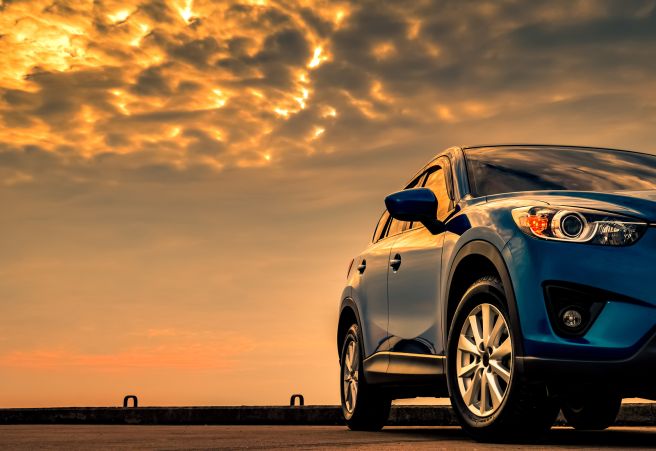Drivers must have liability insurance in every state but New Hampshire and Virginia. Each state has a different minimum level of bodily injury and property damage insurance coverage that must be maintained to legally operate a car. If you drive without insurance, your license may be suspended or subject to fines.
Do You Need Collision and Comprehensive Coverage on My Car?
Both comprehensive and collision insurance protects against some of the costs associated with fixing or replacing your car. While such insurance is typically not needed by law, a lender may insist on it if you are financing or leasing your car. Depending on a few variables, including where you reside, the value of your automobile, and your financial situation, you may or may not require comprehensive collision coverage.
Common Types of Woodland Hills Auto Insurance
- Liability; Pays for other people's expenses after an accident. Required in nearly every state.
- Collision: Covers the cost of repairing or replacing the policyholder's vehicle following an accident, regardless of fault. Only for leased or financed vehicles.
- Comprehensive coverage protects the policyholder's vehicle from damage caused by causes other than an accident.
- Uninsured/Underinsured Motorist: Covers vehicle damage and medical expenses after an accident with an uninsured/underinsured driver.
- Medical payments: Pays for the policyholder's direct and indirect medical expenses after an accident.
- If you cause an accident, your auto insurance will pay for it. One of the most distressing things that may happen to a motorist is causing an accident. When you are at fault, you are liable for the expenses. No matter who was at fault, certain insurance policies, such as collision coverage or personal injury protection, typically cover expenditures.
- Your possessions are protected by auto insurance. If you don't have automobile insurance and get into an accident, you'll have to pay out of pocket. That might be a sizable sum of money, depending on the accident.
- Damages resulting from "acts of God" are assisted by auto insurance. Insurance is useful at all times, not only after incidents. Your car could be harmed by weather conditions, including hail, ice storms, wildfires, and more. When an incident occurs where neither you nor another driver is at fault, comprehensive coverage typically covers what businesses refer to as "acts of God." Should your car be stolen or damaged, this kind of coverage is also crucial. The policy may even cover items that were taken from or destroyed in your automobile.
- Passengers are protected by auto insurance. Insurance should cover any injuries suffered by passengers in an automobile accident. As we previously indicated, third-party liability is intended to defend any other individuals engaged in the collision.
- Everyone benefits from it. The final reason you need car insurance is that it gives everyone peace of mind. How would you feel knowing that every time you left the house, you could be hit by another driver and left with $50,000 in bills until the other driver paid you back?

